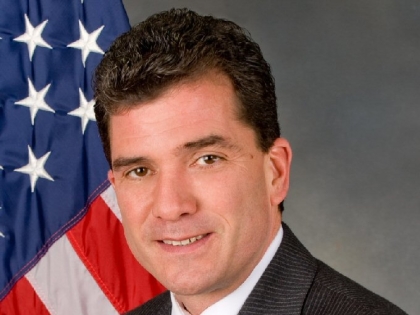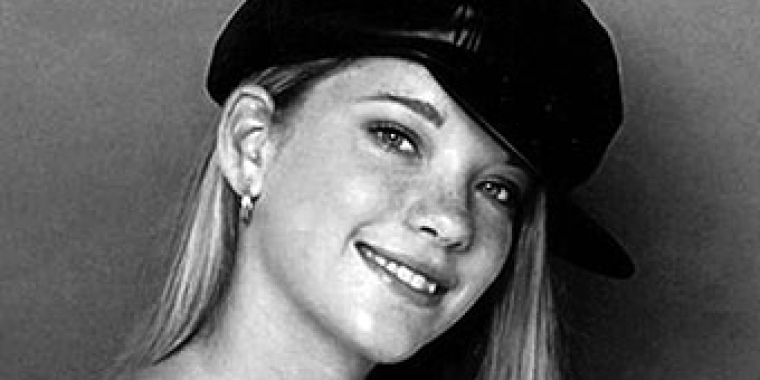
BUFFALO NEWS: Law would make improper disposal of body a felony

A bill now before the State Legislature would remedy a disturbing legal shortcoming by making it a felony to improperly dispose of human remains.
The need for the legislation came to light after the death of Amanda Lynn Wienckowski. The 20-year-old Kenmore native’s body was found frozen inside a trash receptacle on the morning of Jan. 9, 2009, outside a church at Spring and Clinton streets in Buffalo. That’s how we learned that the disposal of a body without a burial or removal permit elicited not much more than a slap on the wrist. If that.
In response, State Sen. Mark J. Grisanti, R-Buffalo, introduced a bill that would make it a crime to conceal a death by knowingly moving or otherwise hiding a human corpse so that discovery of the death will be hindered.
The bill, also referred to as Amanda Lynn’s Law, would make the improper disposal of a human body a class D felony, up from a misdemeanor.
The Senate recently passed the bill, 61 to 1. Now it’s the Assembly’s turn.
For most people, it was a surprise to learn that what happened to Wienckowski’s body after she died didn’t carry a severe criminal penalty.
The current law was written to deal with possible improper handling of a body by a funeral home or crematory. Grisanti took up the cause to put a definitive law with some teeth on the books.
Antoine J. Garner, the last person known to have seen Wienckowski alive, lived across the street from the church property where she was found. He denies harming the young woman, although he was recently convicted of choking and assaulting a prostitute.
The victim in that case survived and Garner is considered a “person of interest” in Wienckowski’s death.
The case has created much controversy, with the Wienckowski family disputing the then-county medical examiner’s finding that the death resulted from a drug overdose. Wienckowski’s family continues to insist she was strangled and points to the findings of a West Coast pathologist whom it hired to conduct a second autopsy.
Adding to the mystery is a statement by a recently retired Buffalo homicide detective who investigated Wienckowski’s death. He revealed that he and his fellow investigators never agreed with the medical examiner, but that they thought that more than likely a large person accidentally choked her to death.
Questions surrounding the case remain, but one thing that should be clear is the practicality of Grisanti’s bill. The Assembly should join the Senate in passing Amanda Lynn’s Law.


